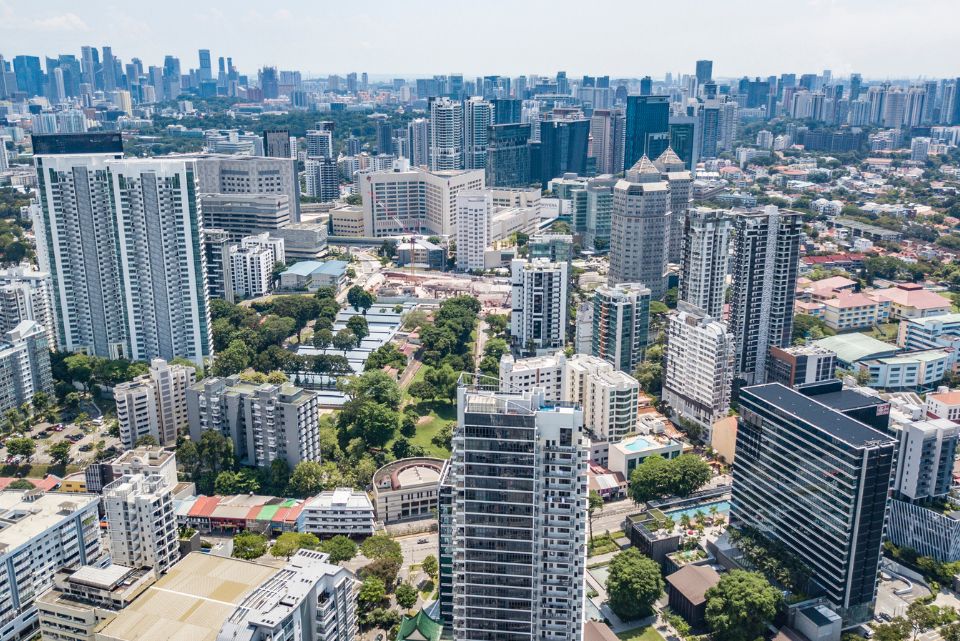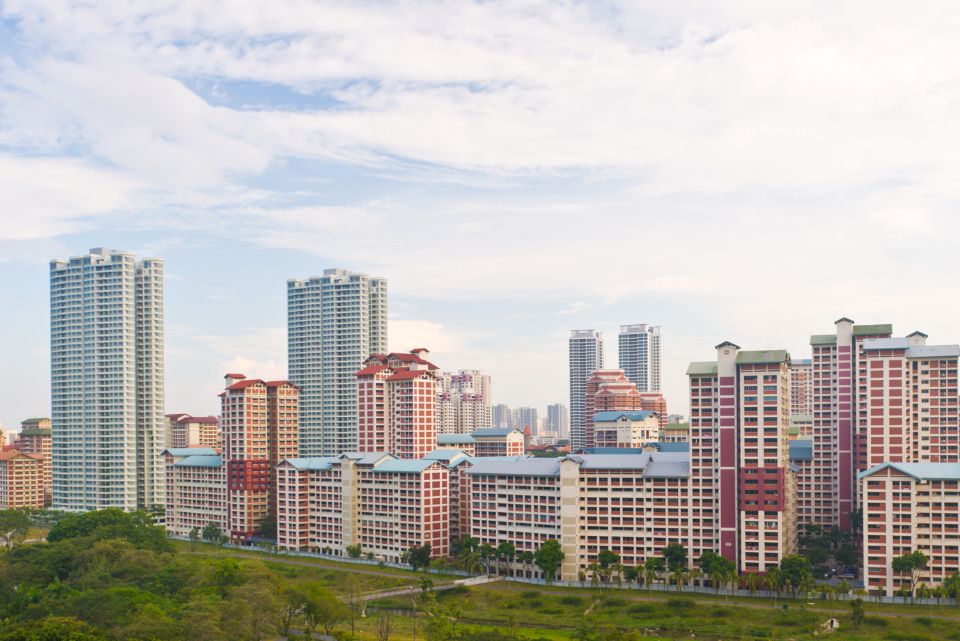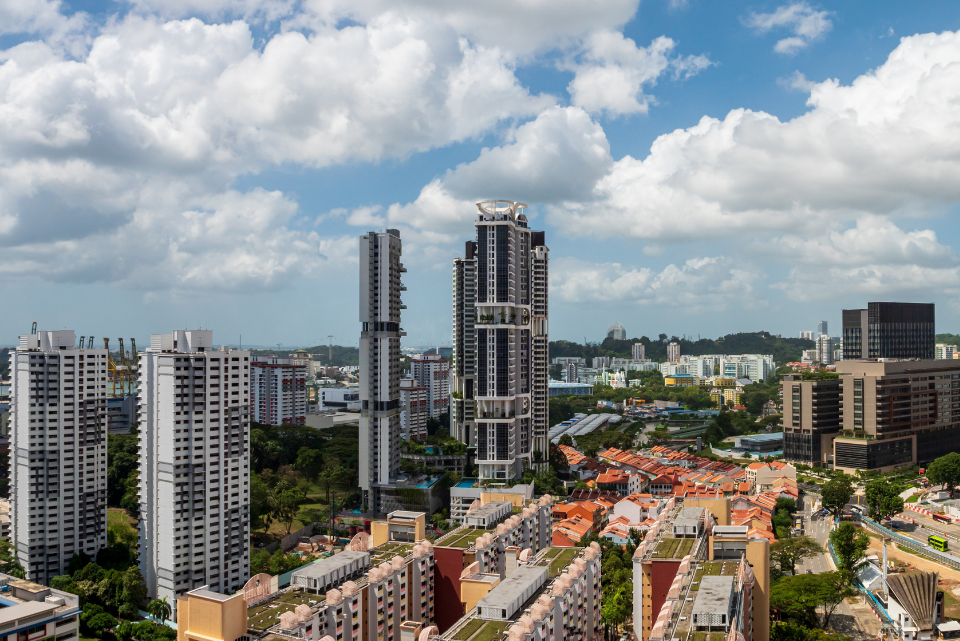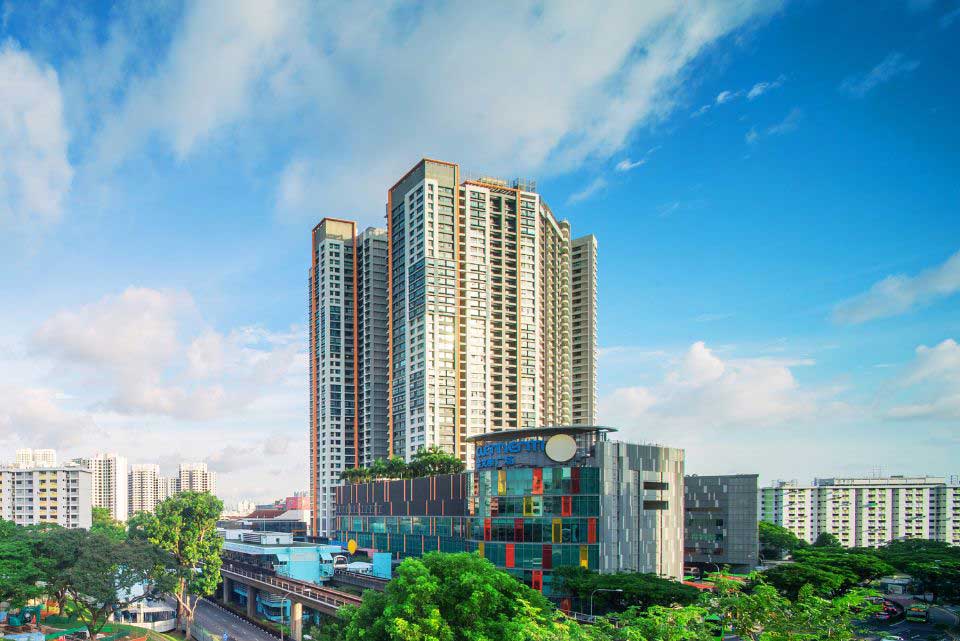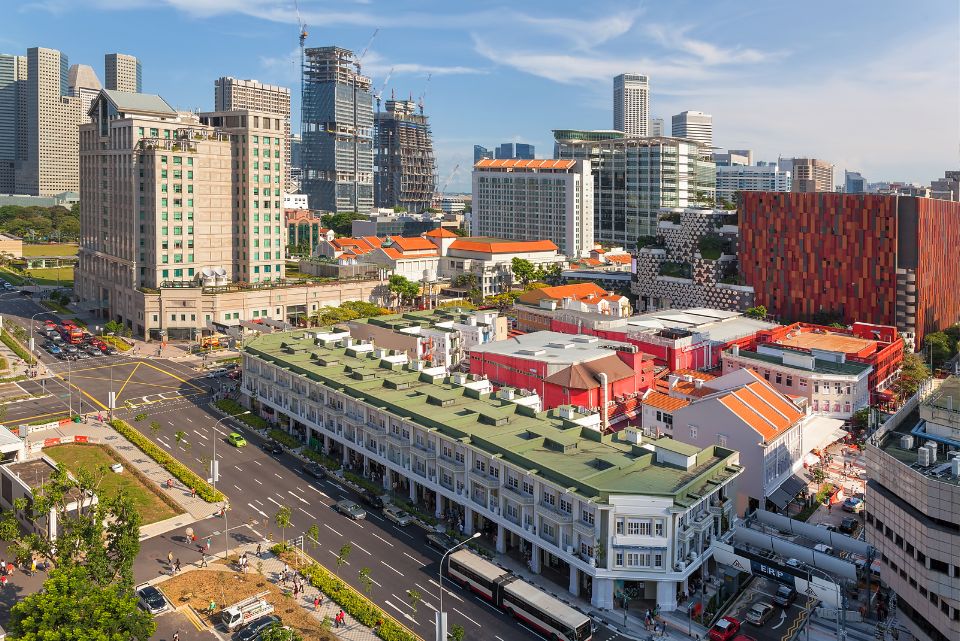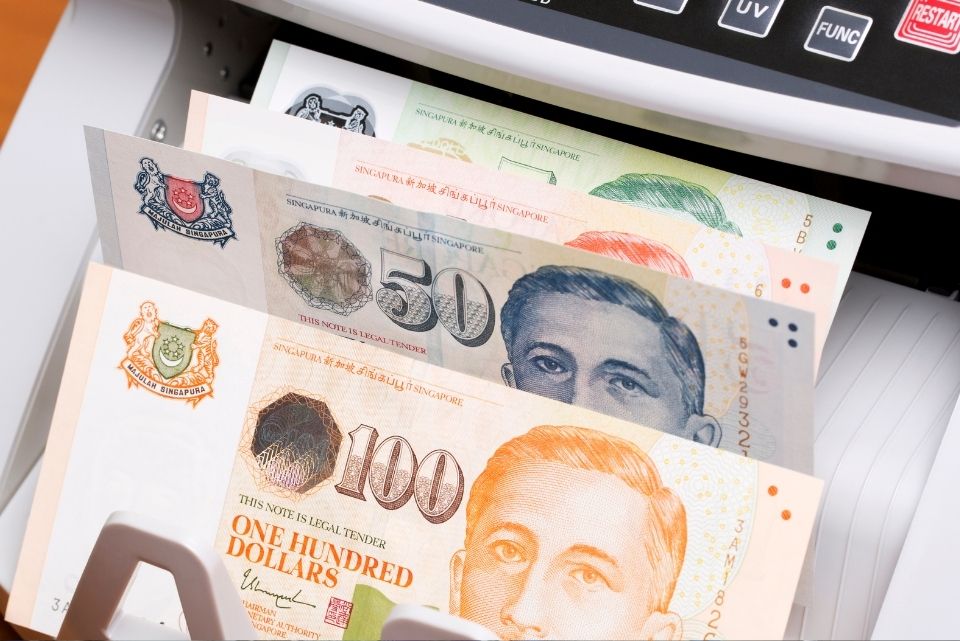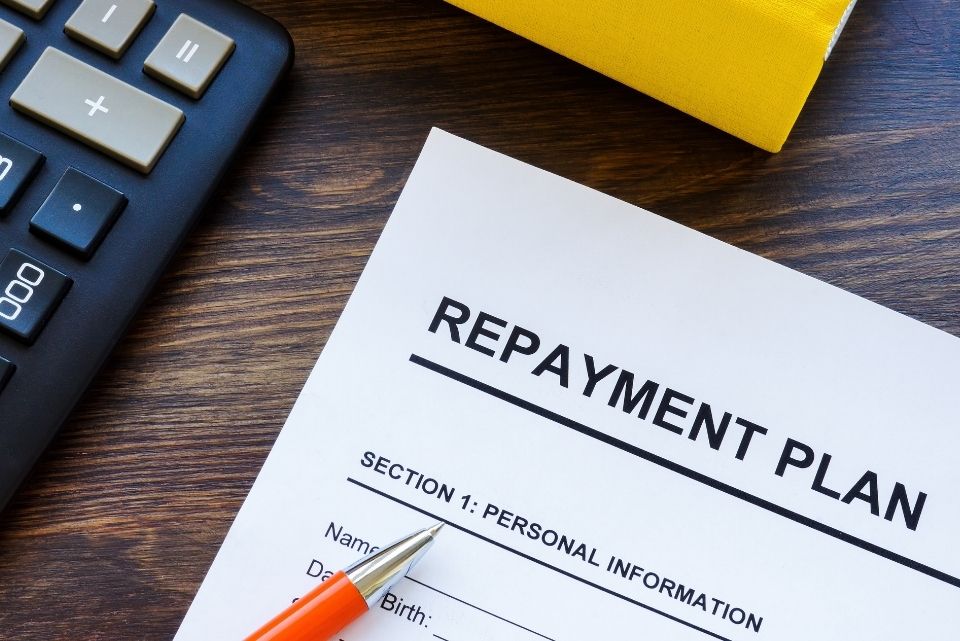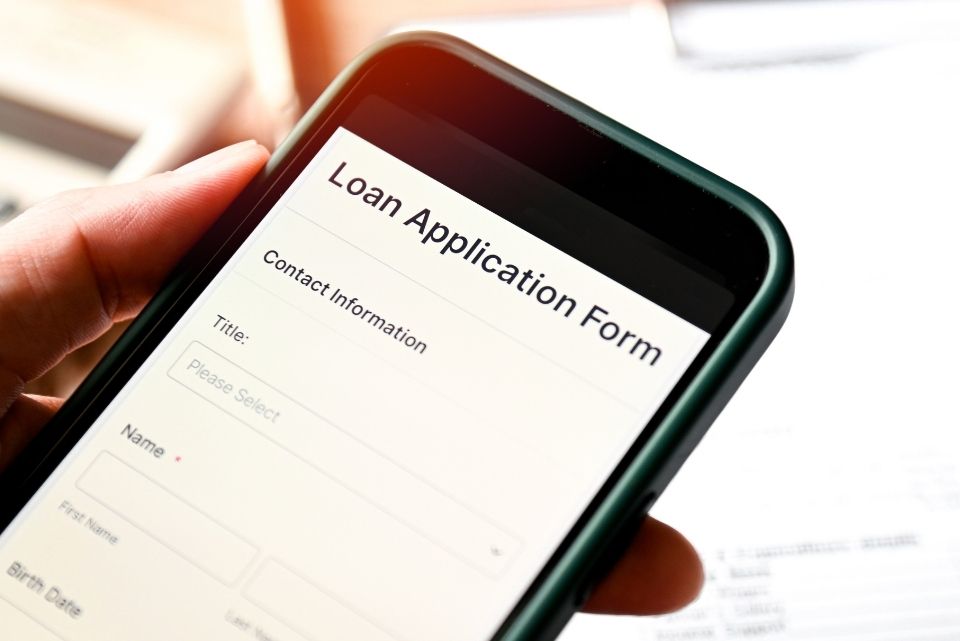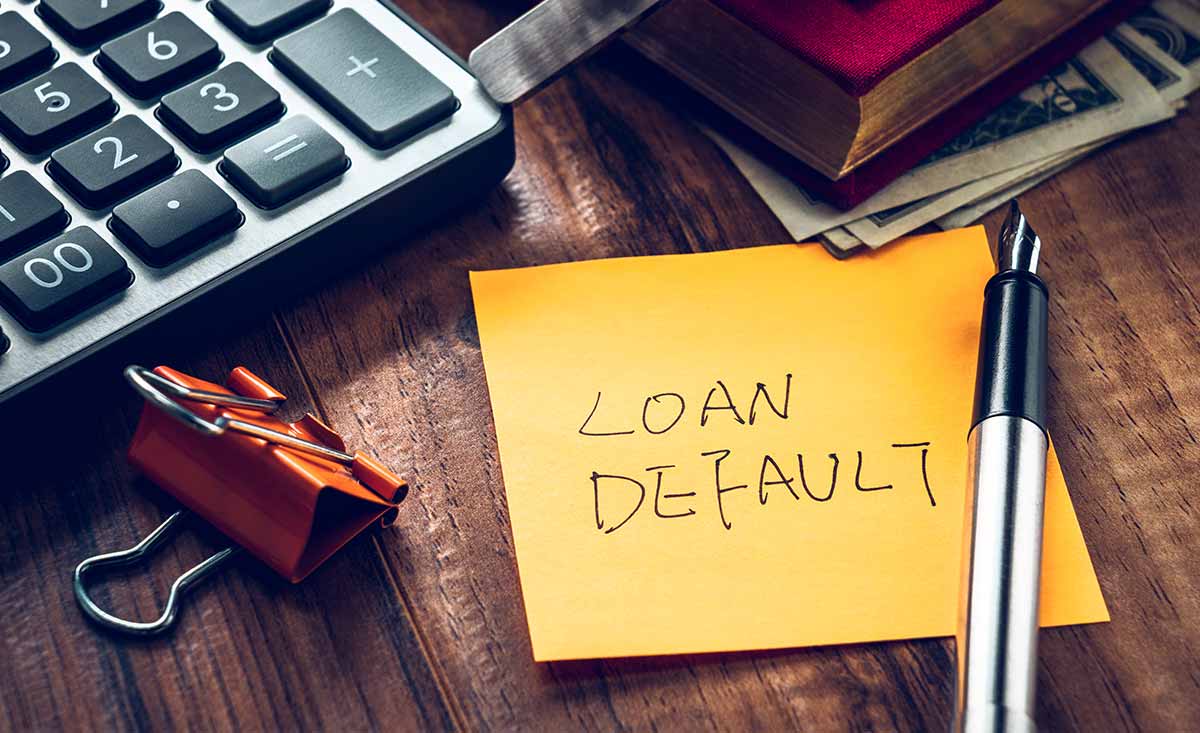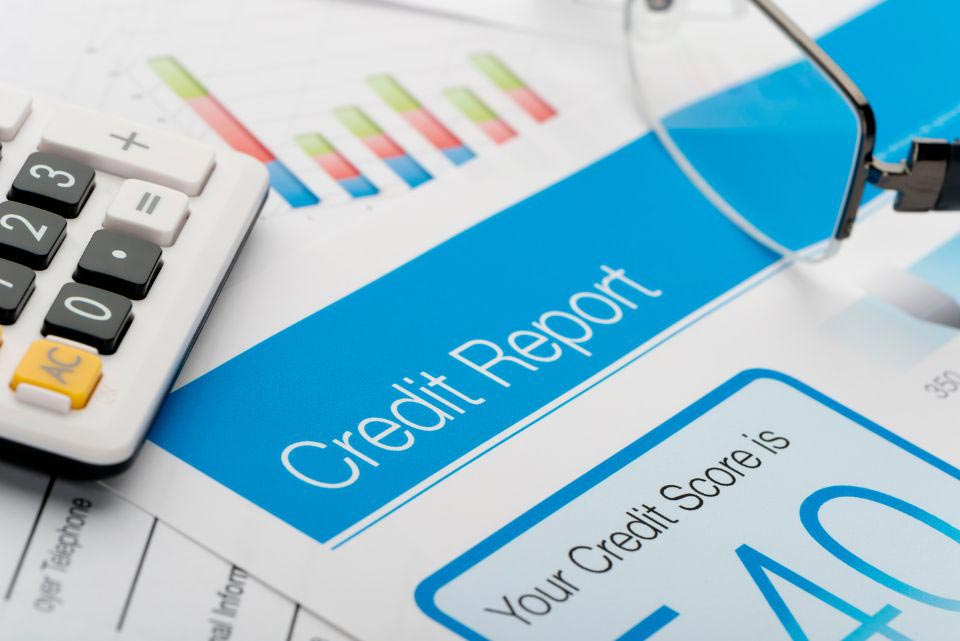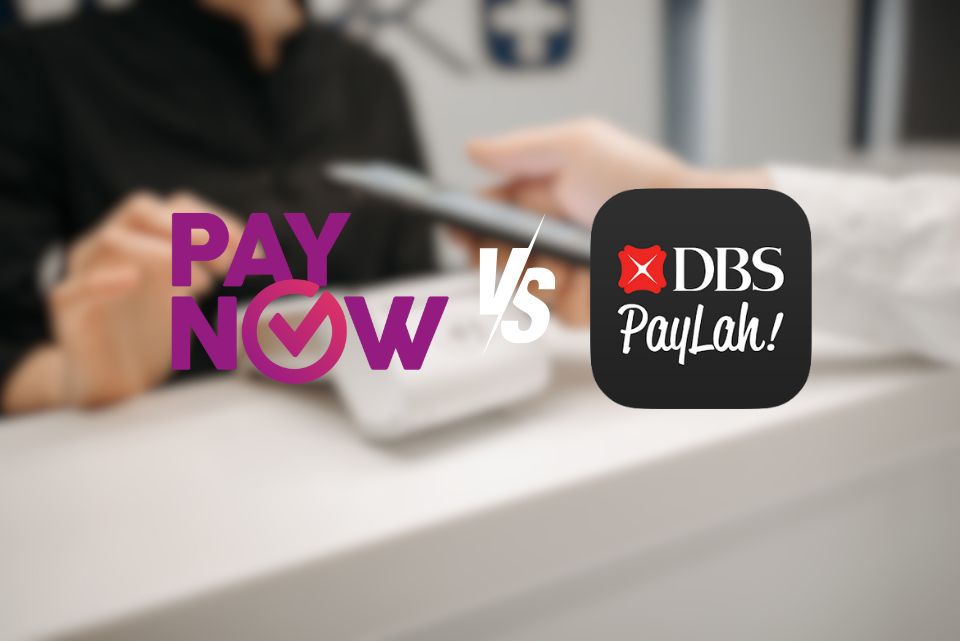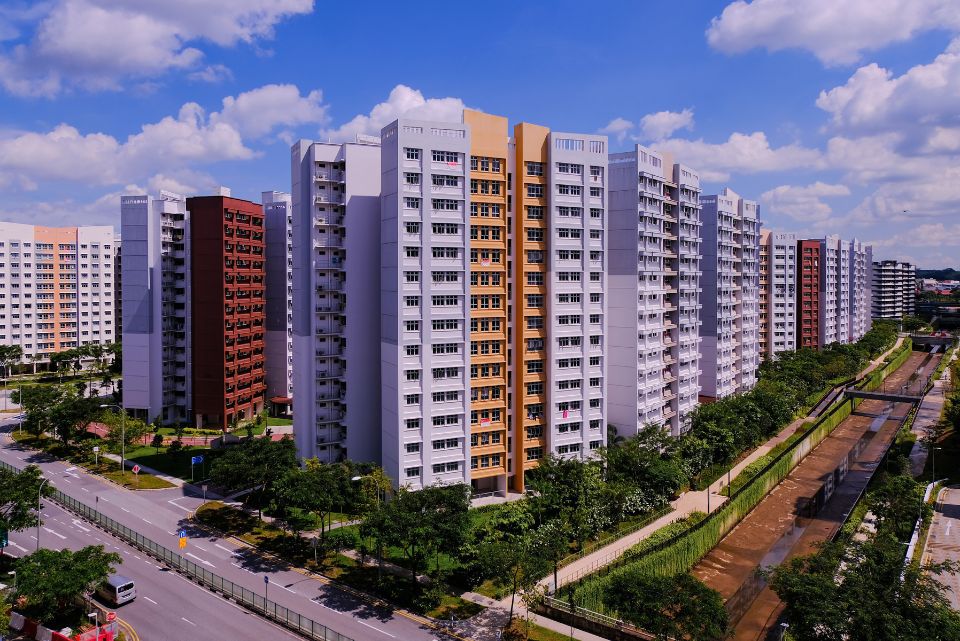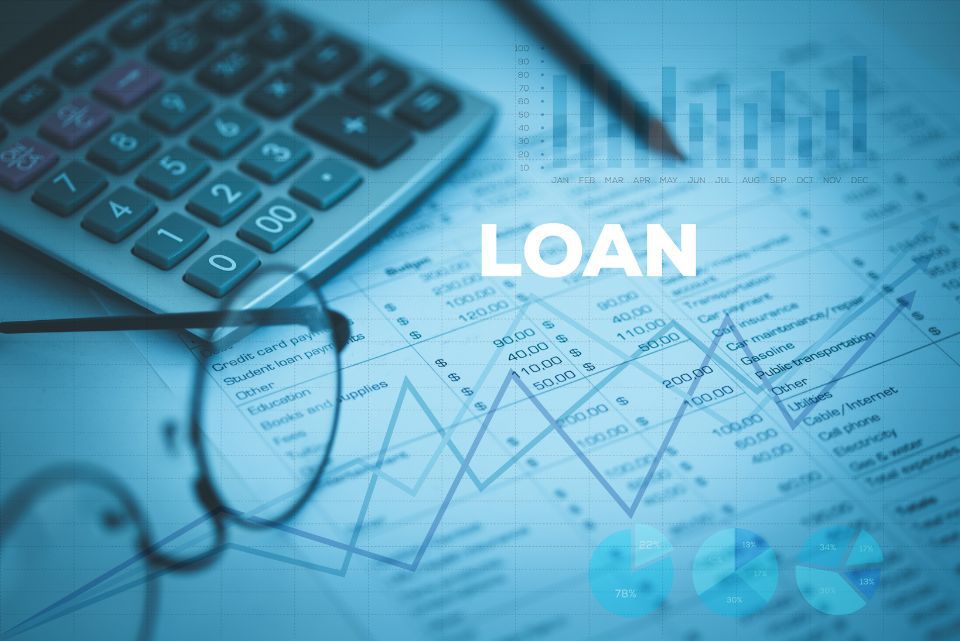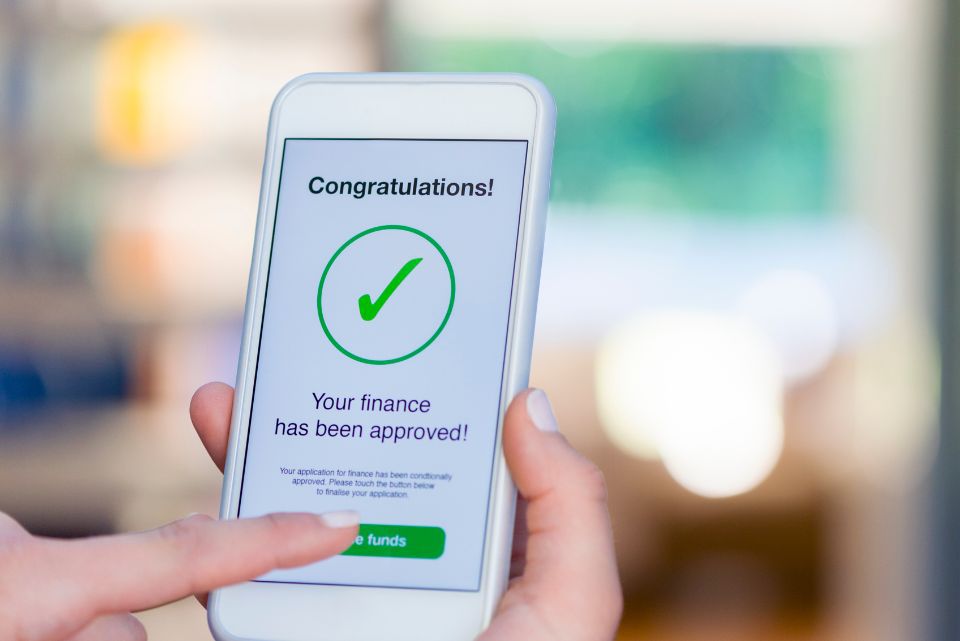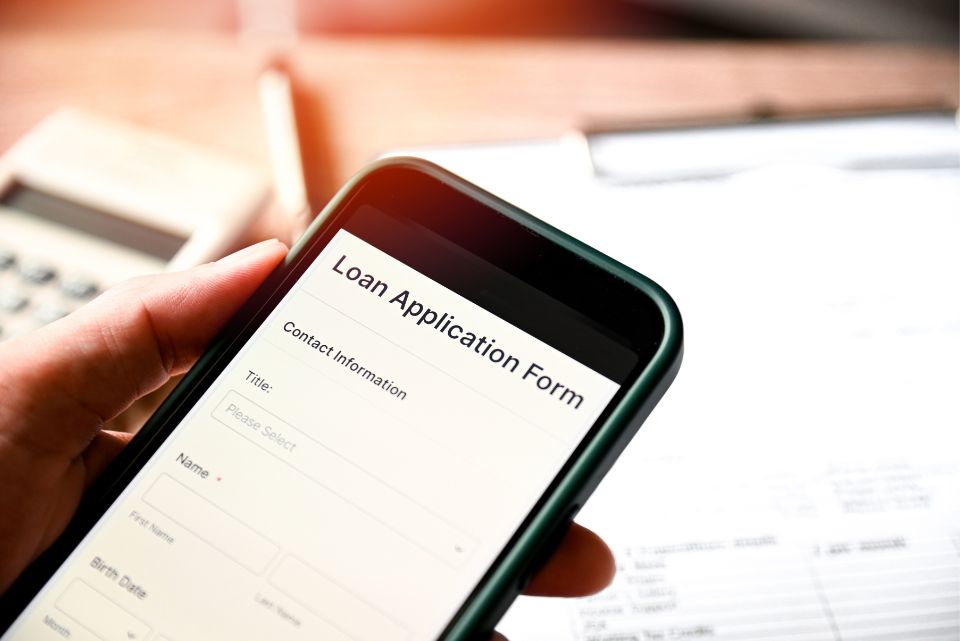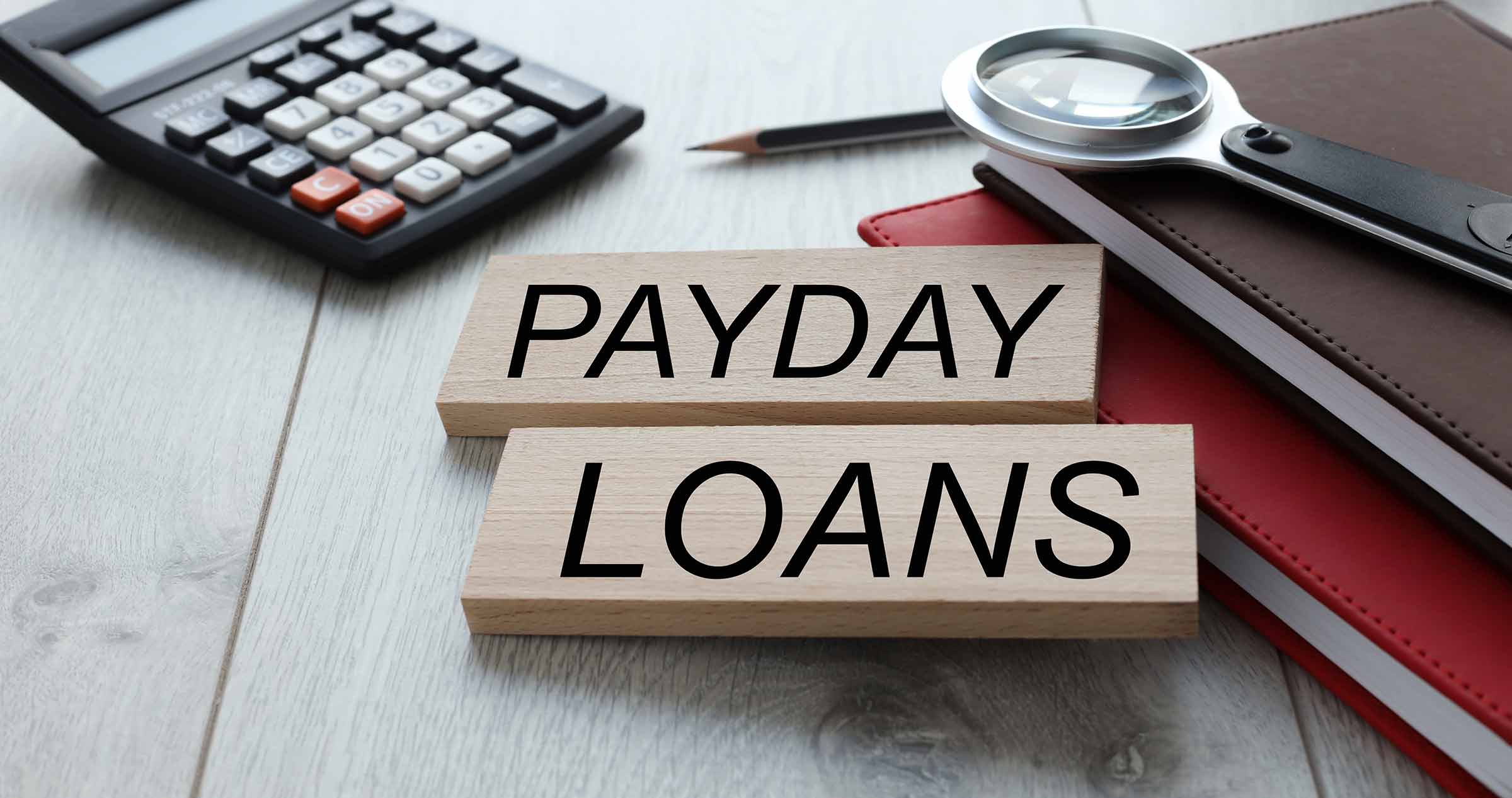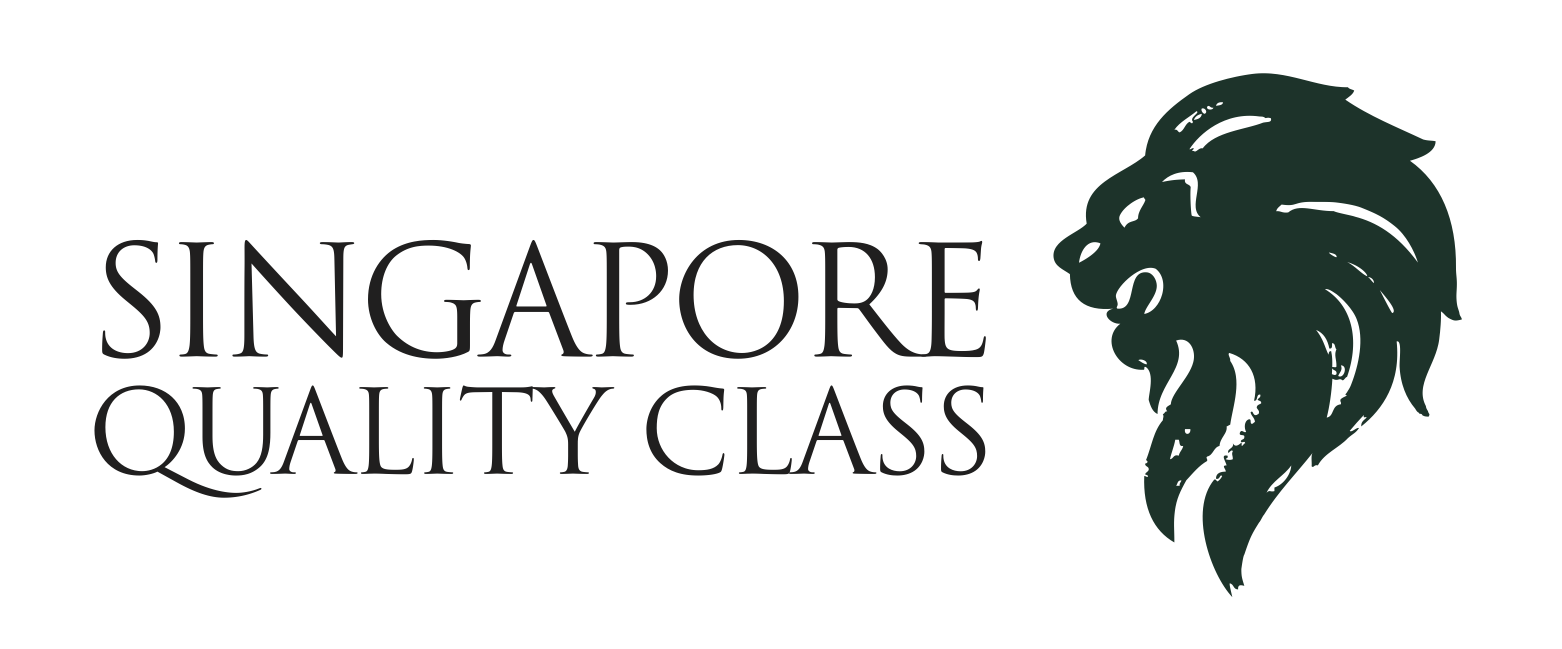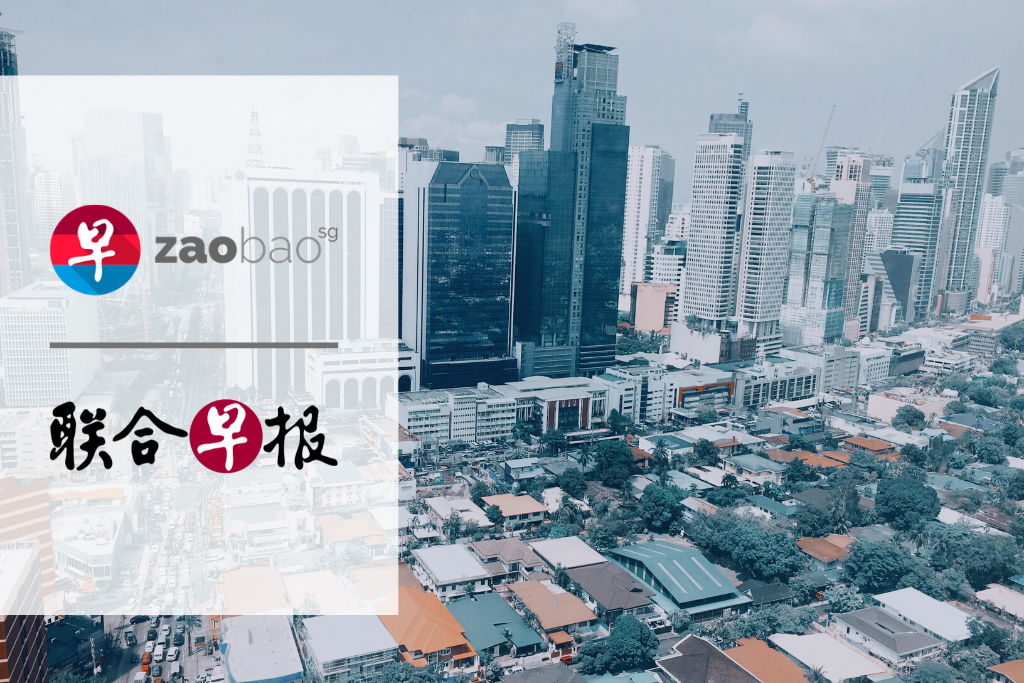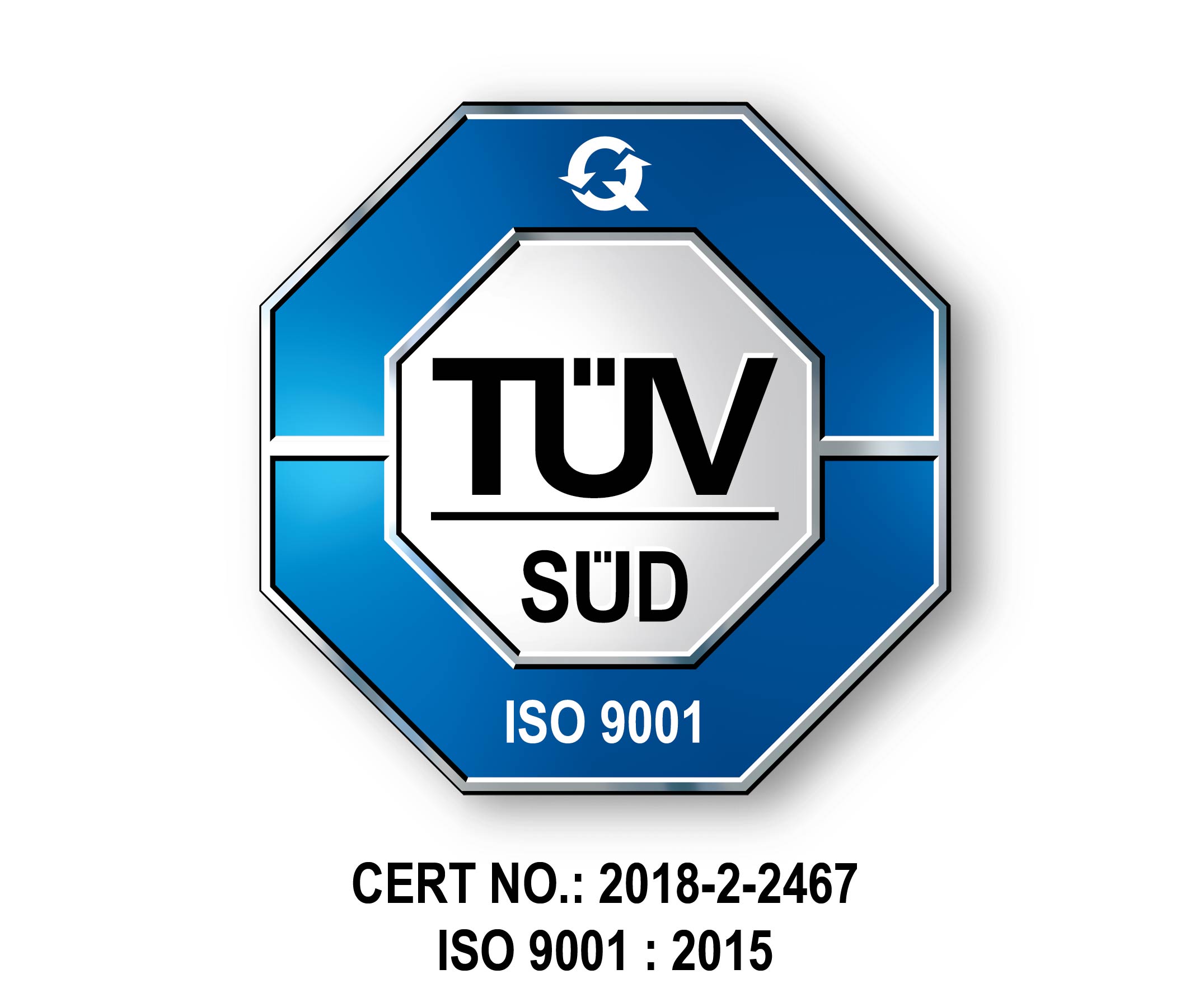
Credit cards have become an indispensable tool for managing personal finances, offering convenience and the ability to make purchases both online and offline. A key feature of any credit card is its credit limit, which represents the maximum amount you can spend using it.
While the initial credit limit assigned by the bank might suffice for everyday transactions, there may come a time when a higher limit becomes desirable. This could be due to planned large purchases, travel expenses, or simply a desire for greater financial flexibility.
Therefore, this guide provides a comprehensive overview of how Singapore residents can navigate the process of increasing their credit card limit in 2025, covering eligibility, application methods, key considerations, and regulatory aspects.
Understanding the Basics: Eligibility and Regulatory Framework
Before embarking on the process of requesting a higher credit limit, it is essential to understand the fundamental eligibility criteria and the regulatory framework governing credit card limits in Singapore.
While the specific requirements may vary between banks, there are general guidelines and regulations set by the Monetary Authority of Singapore (MAS) that all financial institutions must adhere to.
General Eligibility for Credit Card Limit Increases in Singapore
In Singapore, while the initial requirements for getting a credit card don’t directly dictate limit increases, they give us a good idea of the financial standing banks prefer. For example, if we consider DBS Bank’s general income criteria for credit card applications, they indicate that Singaporeans and permanent residents typically need an annual income of at least S$30,000, while foreigners often require a higher income. This gives a general idea of the income levels banks associate with creditworthiness.
However, when it comes to increasing your credit limit, simply meeting these initial income requirements isn’t enough. DBS, like other banks, has specific internal criteria. Applicants must typically be active principal cardholders with a demonstrated history of responsible credit use. This means a good track record of timely payments and sensible spending habits are crucial.
Banks maintain internal policies regarding who qualifies for a limit increase, so factors like consistent account management and a healthy credit history are essential, going beyond just the initial income benchmarks.
Monetary Authority of Singapore (MAS) Guidelines on Credit Limits
The Monetary Authority of Singapore (MAS) sets rules to ensure responsible credit use, influencing how banks determine credit card limits. For those 55 and below with annual incomes under S$120,000, limits are capped at two to four times their monthly income, with no limit for higher earners or those with significant assets.
Over 55s face slightly different rules: those earning under S$30,000 have limits of S$2,500 or two times their monthly income, with four times for those up to S$120,000, and again, no limit for very high earners or asset holders. Importantly, these are maximum limits; banks can offer less based on individual creditworthiness.
Moreover, these limits apply to your total unsecured credit across all cards, meaning requesting an increase at one bank considers your overall credit exposure, and sometimes, banks within the same group manage limits jointly.
Key Factors Singaporean Banks Consider When Evaluating Credit Card Limit Increase Requests
When you apply for a credit card limit increase, Singaporean banks conduct a thorough evaluation of your financial profile to determine your eligibility and the appropriate limit. Several key factors come into play during this assessment.
Income Verification
Banks place a high priority on verifying your current income, necessitating up-to-date documentation such as recent payslips, CPF statements, or Income Tax Notices of Assessment (NOA) to confirm any increase. This process ensures you possess the financial capacity to manage a higher credit limit responsibly.
Credit History and Score
Your credit history and score, typically sourced from Credit Bureau Singapore (CBS) or DP Credit Bureau, are crucial in the assessment. A track record of punctual payments and responsible credit utilisation serves as a clear demonstration of your creditworthiness.
Repayment Behaviour on Existing Card
Banks meticulously scrutinise your payment behaviour on the specific credit card for which you are requesting an increased limit. Consistently settling bills on time, or in full, alongside regular card usage with prompt repayments, are viewed as favourable indicators of responsible financial management.
Debt Obligations and Credit Utilisation
Your overall debt obligations, encompassing other credit cards, personal loans, and mortgages, are thoroughly assessed. A high debt-to-income ratio or elevated credit utilisation ratio can negatively affect your application. Banks also factor in the Total Debt Servicing Ratio (TDSR) as a key metric.
Bank’s Internal Policies and Risk Assessment
Each bank operates with its own internal policies and risk assessment models, which ultimately dictate their final decision. Even if you satisfy the general criteria, the bank’s individual assessment, based on their risk appetite, determines the approval of your credit limit increase.
Step-by-Step Guide to Requesting a Credit Card Limit Increase
Requesting a credit card limit increase in Singapore has been significantly streamlined by the rise of digital banking, with most major banks offering multiple convenient channels for submission.
Online Portals and Mobile Applications
The most prevalent and often most efficient method is via your bank’s online banking portal or dedicated mobile application. Typically, you’ll log in, navigate to the credit card services section, and locate the option for a credit limit review or increase.
For example, DBS Bank facilitates limit reviews through both their digibank online portal and mobile app. Similarly, OCBC Bank offers this service via their OCBC Digital mobile application. UOB customers can request permanent adjustments via their Personal Internet Banking portal and temporary increases through the UOB TMRW mobile application. Standard Chartered Bank also enables applications via their Online Banking platform and SC Mobile app.
Telephone Calls
Some banks may also allow requests via their customer service hotline. This method might be preferable for temporary increases for specific purposes. For instance, HSBC provides a hotline for temporary increases related to overseas travel, weddings, hospitalisation, or compassionate grounds. It’s advisable to check with your bank regarding availability and eligible increase types.
In-Person Requests
While less common in the digital age, in-person requests at a bank branch may still be possible. However, this method is likely less efficient than online or mobile applications. Contact your bank for confirmation and procedural details.
Required Documentation
Regardless of the chosen method, supporting documentation will likely be required, especially for income increases. Common documents include recent payslips, CPF statements, or the latest Income Tax Notice of Assessment. For Singaporean citizens and permanent residents, MyInfo often eliminates the need for physical document uploads.
Specific documentation requirements vary based on employment type. Salaried employees may need payslips or CPF statements with their NOA, while self-employed individuals may need NOAs for the past two years. Foreigners typically provide employment passes, income documents, and their latest NOA.
Temporary vs. Permanent Increase Requests
It’s vital to distinguish between temporary and permanent limit increase requests. Temporary increases cater to short-term needs like travel or medical expenses, and banks may be more lenient with supporting documentation and demonstrated repayment ability.
Permanent increases, for long-term adjustments, require stronger justification, such as a substantial income rise.
Maximising Your Chances: Tips and Best Practices
To enhance your likelihood of a successful credit card limit increase request in Singapore, consider these tips and best practices:
Update Your Income Information
Ensure your bank possesses your most up-to-date income details. Banks frequently utilise this information to assess your eligibility for a higher credit limit.
Maintain a Good Credit Score
A healthy credit score is paramount. Pay all bills punctually, not just your credit card, and maintain a low credit utilisation ratio for several months prior to applying for an increase.
Demonstrate Responsible Card Usage
Use your existing credit card regularly and consistently settle the balance in full each month. This demonstrates to the bank that you are a responsible credit user.
Reduce Existing Debt
If you have significant outstanding balances on other credit cards or loans, endeavour to reduce them before applying for a credit limit increase. This will improve your overall financial profile.
Be Realistic with Your Request
Request a credit limit increase that is reasonable, based on your income and spending needs. Requesting an excessively high amount may result in rejection.
Provide Necessary Documentation
Ensure you have all required income documents and any other supporting information readily available when submitting your request. If your bank supports MyInfo, using this option can often expedite the process.
Explain Your Need (for temporary increases)
If requesting a temporary credit limit increase, clearly state the reason and provide any supporting documentation, such as travel itineraries or invoices for a significant purchase.
Wait Before Reapplying
If your request is denied, allow a reasonable period (at least six months) before submitting another application. In the interim, concentrate on improving your credit score and financial situation.
Consider an Advance Payment
If you anticipate a large purchase exceeding your current credit limit, consider making an advance payment to your credit card account. This can temporarily increase your available credit. By demonstrating immediate repayment capacity, you may also strengthen your case for a permanent increase later.
The Impact on Your Credit Score
Increasing your credit card limit can have both direct and indirect effects on your credit score in Singapore.
Potential for Improvement
One of the primary ways a credit limit increase can positively impact your credit score is by lowering your credit utilisation ratio. If your spending habits remain consistent after your credit limit is increased, the percentage of your available credit being used will decrease.
Credit scoring models generally favour a lower credit utilisation ratio, typically below 30%, as it indicates effective credit management. Furthermore, responsible management of a higher credit limit over time can contribute to building a stronger and more positive credit history.
Having access to more credit can also provide greater financial flexibility, potentially preventing missed payments on other obligations in the event of unexpected expenses.
Potential for Negative Impact (Indirect)
While a credit limit increase itself is not inherently detrimental to your credit score, it can indirectly lead to a lower score if it results in irresponsible financial behaviour. The increased available credit might tempt some individuals to overspend, leading to higher outstanding balances and potential difficulty in making repayments. This can result in higher interest charges and, if payments are missed, a negative impact on your credit score.
Additionally, when you apply for a credit limit increase, the bank might perform a hard inquiry on your credit report. A hard inquiry can slightly and temporarily lower your credit score, although the effect is usually minimal and short-lived.
Overall Impact
The general consensus is that requesting and receiving a credit card limit increase does not directly harm your credit score.
The ultimate impact depends on how you manage the increased credit. If you continue to use credit responsibly by making timely payments and keeping your balances low, the effect can be positive or negligible.
However, if the higher limit leads to increased spending and unmanageable debt, it can negatively affect your credit score.
The Processes And Requirements For Increasing Credit Card Limits Across Several Major Banks In Singapore
While the underlying principles for increasing credit card limits are similar across banks in Singapore due to MAS regulations, the specific processes and requirements can vary. Here is a comparison of some major banks:
| Feature | DBS | OCBC | UOB | Standard Chartered |
| Application Methods | Online (Digibank), Mobile App, MyInfo | Online (OCBC Digital), Application Form, MyInfo | Online (Personal Internet Banking), Mobile App (UOB TMRW for temporary), Application Form, MyInfo | Online Banking, Mobile App, MyInfo, Manual Form (for supplementary cards) |
| Key Requirements | Income documents (if not using MyInfo), Salary crediting into DBS/POSB account may be considered | Income documents (if not using MyInfo), Consent from supplementary cardholders for permanent increase | Income documents (if not using MyInfo), Consent from both principal and supplementary cardholders required, CPF statement/NOA | Income documents (if not using MyInfo), Consent from supplementary cardholders required for permanent increase, Employment Pass for foreigners |
| Processing Time | Fast approval via MyInfo, otherwise subject to review | Up to 5 working days via OCBC Digital, Up to 2 weeks via form | Instant approval for temporary via UOB TMRW, otherwise subject to review (submit documents within 3 weeks) | Up to 5 working days, Instant approval possible with MyInfo |
| Temporary Increase | Available | Available for specific reasons (Wedding, Travel, Medical, Funeral) | Available via UOB TMRW for specific reasons (Overseas travel, weddings, medical/hospitalization, urgent important matters) | Available via hotline for specific reasons (Overseas travel, weddings, hospitalisation, emergency purposes) |
| MyInfo Integration | Yes | Yes | Yes | Yes |
| Supplementary Cards | Consent required for supplementary cards to enjoy the same permanent increase | Consent required from supplementary cardholders for permanent increase | Consent of both principal and supplementary cardmembers required for any increase (temporary or permanent) | Manual form required for supplementary cardholders’ consent for permanent increase |
DBS offers a streamlined process through their digibank platform, with the potential for expedited approval when utilising MyInfo. They require income documentation if MyInfo is not used and may consider salary crediting into a DBS/POSB account.
OCBC facilitates applications via their OCBC Digital app and a physical application form, with MyInfo integration. Consent from supplementary cardholders is required for a permanent increase, and processing can take up to five working days online or 2 weeks via the form.
UOB provides online applications through their Personal Internet Banking, with MyInfo availability. They also offer instant approval for temporary increases via their UOB TMRW app for specific purposes. Consent from both principal and supplementary cardholders is necessary for any increase, and income documentation must be submitted within 3 weeks.
Standard Chartered offers applications through their online and mobile app platforms, with MyInfo integration and a manual form for supplementary cardholder consent for permanent increases. Processing typically takes up to 5 working days, with instant approval possible via MyInfo.
Read also: 10 Easiest Ways To Get A Credit Card Approved in Singapore
The Bottom Line
Increasing your credit card limit in Singapore involves understanding bank procedures and MAS regulations. Banks assess income, credit history, and debt, and offer online, phone, or in-person applications. Responsible card use and accurate documentation are key.
Be realistic about your request, and manage any increase wisely to avoid negative credit score impacts. This guide provides essential information for navigating this process with major Singaporean banks.
If your credit limit increase application was rejected and you require instant cash, you may consider applying for a personal loan from Crawfort. Loan approvals can take as little as 8 minutes.




